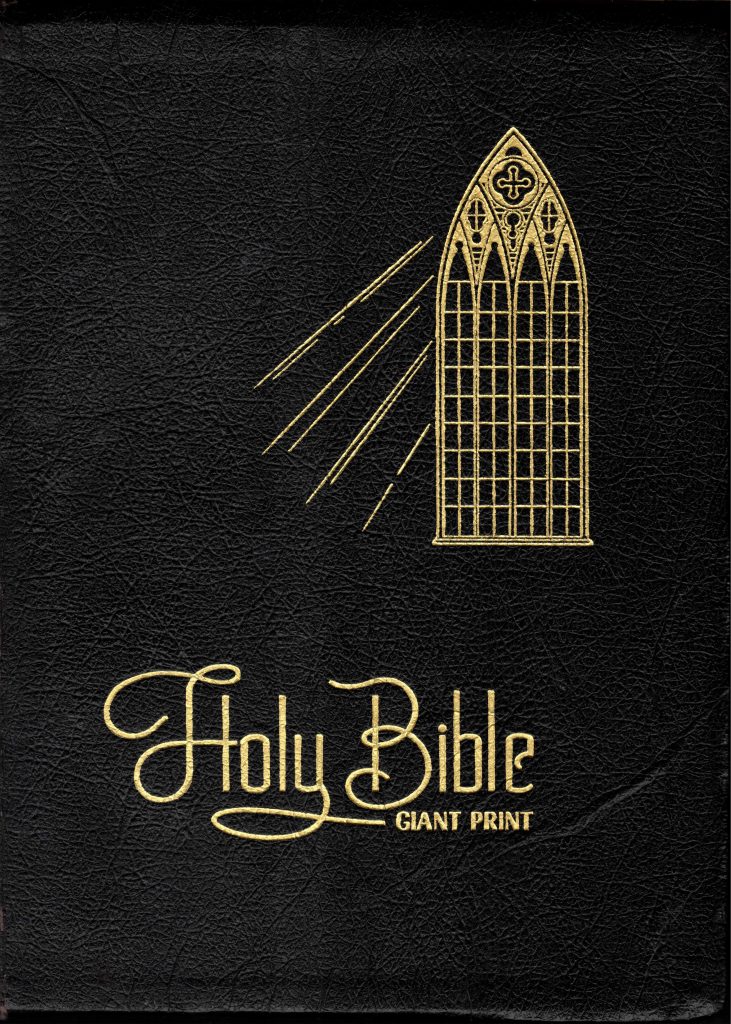1. enfeoff — to give a fiefdom
Due to the political realities, King Jane had enfeoffed the duke with his old holdings under the previous dynasty, but the new king did not—of course—entirely trust his vassal.
2. chuffed — [British informal] delighted
“And on top of that, I finally found my reading glasses, so as you can imagine I’m quite chuffed.”
3. omadhaun — [Irish] foolish male
“Set it right down there, before you break the china, you big omadhaun,” Katie said, though her flashing eyes and bright smile belied her words.
4. ergodic — [mathematics] of or related to processes where large enough samples are statistically representative of the whole; of systems which will return to previously states given sufficient time
But though we had just seen the keys, either in the living room or the garage (or perhaps the bedroom, maybe the bathroom), no matter how we searched they did not turn up, and eventually we fell into an ergodic frenzy, once more looking in the previously searched areas, in the desperate hope that we had somehow overlooked the fob in our first three surveys.
5. jagger — pedlar; carrier
From his overburdened pack the squat little jagger pulled a fine leather belt, which I assumed he’d scavenged from the wreck of the Portuguese caravel.
6. dray — low cart for heavy loads, esp. a beer cart; sledge, sled
No person is allowed to ride upon a dray unless the horses are reined; a handbrake is not sufficient.
7. patronize — to treat in a condescending manner; to frequent as customer; to act as a patron of
“Don’t patronize me, Chester! I’ve been drilling out atomic bearings when you were just twinkling space dust in your pappy’s bleary eyes.”
8. bradawl — small hand-boring tool
Be sure to place the bradawl across the grain, else you may split the wood.
9. pyorrhea — discharge of pus, esp. from gums
Though every disease of the diet may produce pyorrhea, the manner in which the pyorrhea presents is different for different causes.
10. dividers — compass used to measure or divide lines on a map or plan
He had dropped his dividers onto his bare foot while completing the plans, puncturing his big toe, the toe had become infected, and now he walked with a noticeable limp.
Bonus Vocabulary
(British informal)
mod cons — modern conveniences
The yacht was furnished with all the mod cons you’d expect to see in a landlocked flat, with full-sized doors even below decks, thick carpets, and even a bidet in the master bath.
